Introduction
A certificate of incorporation in Canada is an important legal documentation that formally establishes a company as a corporation, giving it a distinct legal personality from its owners. This document is issued by provincial or federal authorities, depending on where the corporation is registered. Over 70,000 new firms were established across Canada in 2023, underscoring the importance of this process. In Canada, the certificate of incorporation not only offers legal recognition but also makes it easier to conduct numerous economic transactions. This post will go over the relevance of this certificate, how to obtain it, and critical concerns for new firms.
Definition and Significance of a Certificate of Incorporation
In Canada, a certificate of incorporation is an official document issued by provincial or federal authorities indicating that a company has been legally established in Canada.
- Legal Recognition: It recognizes the corporation as a separate legal entity from its owners, enabling it to own property, engage in contracts, and be accountable for its own debts.
- Limited Liability: Gives shareholders limited liability protection, insulating their personal assets from the duties and debts of the company.
- Corporate Identity: Gives the corporation its own identity, making it easier to conduct business, open bank accounts, and issue shares.
- Compliance: Ensures adherence to Canadian business rules and regulations, laying the groundwork for legal operations and governance.
The certificate of incorporation in Canada is crucial for establishing a legally recognized and protected business entity.
Steps to Obtain a Certificate of Incorporation
- Choose a Business Name: Choose a distinctive name for your corporation that complies with Canadian naming restrictions. Do a NUANS search to make sure it is accessible.
Determine if the company is federally or provincially incorporated. Based on the scale of your business operations in Canada, decide whether to incorporate federally or provincially.
- Draft and submit your articles of incorporation. Create and submit the Articles of Incorporation, which include important details including the directors, name, registration office, and share structure of the organization.
- Pay Filing Fees: Submit the requisite fees, which vary depending on the province or federal incorporation.
- Receive the Certificate of Incorporation: Once accepted, you will receive a certificate of incorporation in Canada, which confirms your corporation’s legal existence.
Provincial vs Federal Incorporation
- Jurisdiction: Provincial incorporation restricts your company’s operations to the province of your choice.
- Federal Incorporation: This allows the corporation to function in all of Canada’s provinces and territories.
Read more about federal or provincial business incorporation in our latest blog.
Protecting Your Company’s Name
- Provincial Incorporation: This protects the business name only within that particular province.
- Federal Incorporation: Offers nationwide name protection.
Filing fees
- Provincial incorporation: Fees are typically lower, but vary by province. Federal incorporation has higher upfront fees but delivers greater benefits.
- Regulatory requirements: Provincial incorporation is less strict, with province-specific requirements.
Federal incorporation necessitates compliance with federal legislation and more onerous reporting requirements.
Both options provide a certificate of incorporation in Canada, however, the choice is based on the business’s operational scope.
Required Documentation and Filing Fees
- Articles of Incorporation: The primary document that defines the corporation’s name, purpose, registered office, share structure, and directors.
- NUANS Name Search Report: A NUANS name search report is required to confirm the availability of a business name, especially for federal incorporation.
- Director and Shareholder Information: Information on the founding directors and shareholders must be given.
- Registered Office Address: The official place where corporation records will be stored.
Filing fees
- Provincial Incorporation: The fees vary from $200 to $450 depending on the province.
- Federal Incorporation: Federal incorporation costs roughly $200 to file.
These paperwork and costs are required to get a Certificate of Incorporation in Canada.
Post-Incorporation Requirements
- Appointing Directors: Corporations must nominate directors in accordance with the Articles of Incorporation and ensure that they meet residency requirements, if applicable.
- Issuing Shares: Shares must be issued to shareholders in accordance with the Articles of Incorporation’s share structure.
- Corporate Records: Corporations are required to keep meeting minutes, resolutions, and shareholder agreements at their registered office.
- Annual reporting: In order to retain good standing, corporations must file annual returns with the proper provincial or federal authorities.
Company tax returns have to be submitted on a timely basis with the Canada Revenue Agency (CRA).
These requirements are critical following the acquisition of a certificate of incorporation in Canada.
Conclusion
Finally, acquiring a certificate of incorporation in Canada is an important step toward legally forming a corporation. It gives firms a distinct legal personality, limits their liability, and allows them to function under Canadian corporate law. Businesses must follow specific protocols, present appropriate documents, and meet ongoing post-incorporation duties, whether they choose federal or provincial incorporation.
If you are looking to register a business in Canada, then you can simply register your business through Incpass. Furthermore, through Incpass you can also acquire virtual office space and open a bank account in Canada. Contact Incpass to enter the expanding Canadian economy today.
FAQs
What does a certificate of incorporation in Canada entail?
It’s a legal document that officially establishes a corporation in Canada.
How can I submit an application for a certificate of incorporation in Canada?
You apply by submitting your Articles of Incorporation and the appropriate documentation to federal or provincial authorities.
What are the costs of forming a corporation in Canada?
Filing expenses range from $200 to $450, depending on whether you incorporate at the federal or provincial level.
What distinguishes federal and provincial incorporation?
Federal incorporation allows for nationwide operations, but provincial incorporation restricts enterprise to a single province.
What are the requirements following incorporation?
Businesses must appoint directors, issue shares, keep records, and file annual reports when they are incorporated.

